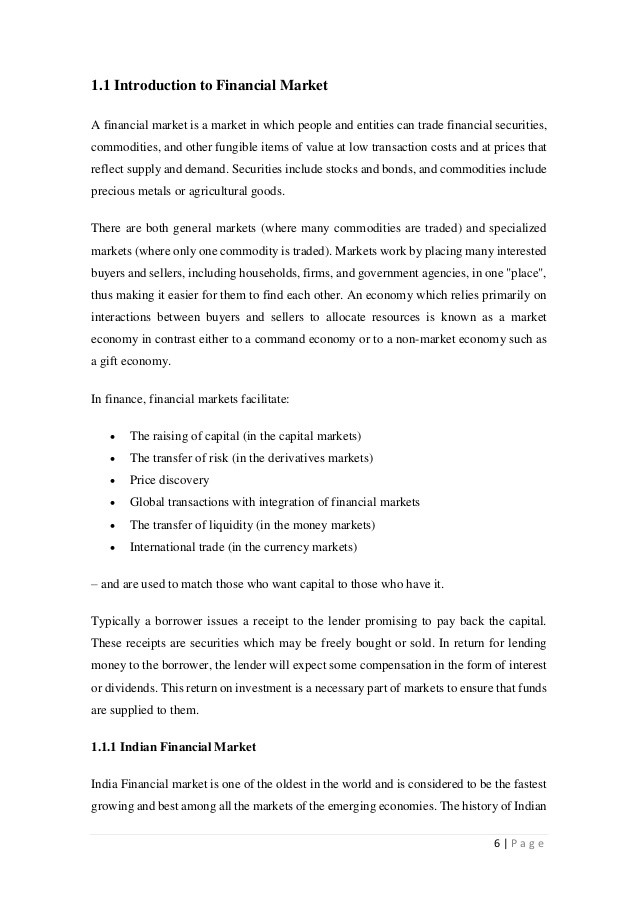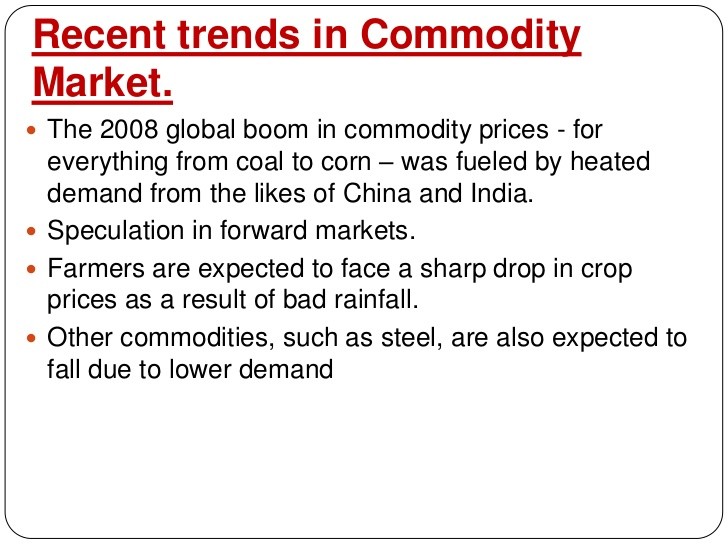Introduction to Commodities and Futures
Post on: 8 Апрель, 2015 No Comment

What are Commodities?
You can opt-out at any time.
The terms “commodities” and “futures” are often used to describe commodity trading or futures trading. You can think of them as generic terms to describe the markets. It is similar to the way “stocks” and “equities” are used when investors talk about the stock market. To be more specific, this is what they really mean: Commodities are the actual physical goods like corn, soybeans, gold, crude oil, etc. Futures are contracts of commodities that are traded at a futures exchange like the Chicago Board of Trade (CBOT). Futures contracts have expanded beyond just commodities; now there are futures contracts on financial markets like the S&P 500, t-notes, currencies and many others.
Example:
Futures Contract: December 2007 Corn, which is a contract of 5,000 bushels of corn that trades at the Chicago Board of Trade with a contract expiring in December 2007.
- A hypothetical price for this contract might be $3.60 per bushel.
How do Futures Work?
Futures are standardized contracts among buyers and sellers of commodities that specify the amount of a commodity, grade / quality and delivery location. Commodity trading with futures contracts takes place at a futures exchange and, like the stock market, is entirely anonymous.

For example: the buyer might be an end-user like Kellogg’s. They need to buy corn to make cereal. The seller would most likely be a farmer, who needs to sell his corn crop. They create a contract of December Corn futures at the current market price. A contract of corn at the CBOT consists of 5,000 bushels. Therefore, the farmer would have to deliver 5,000 bushels of corn to Kellogg’s in December at a designated location.
Making Money in Futures
A speculator is someone who invests in a business with the goal of turning a profit. In the case of commodities. speculators are traders who try to buy futures low and sell them high to make money. The reason why speculators can do so with futures is that traders aren’t required to hold the futures contracts for the duration of the contract; they can buy or sell anytime they want. So, to use the Kellogg’s example above, a speculator could buy the corn contract from the farmer at a certain price, then wait for the price of corn to go up before selling the contract to Kellogg’s, even if the contract won’t come due for another couple of months, turning a profit in the process.
Players Involved in Commodities Trading
There are three different types of players in the commodity markets:
- Commercials: The entities involved in the production, processing or merchandising of a commodity. For example, both the corn farmer and Kellogg’s from the example above are commercials. Commercials account for most of the trading in commodity markets.
- Large Speculators: A group of investors that pool their money together to reduce risk and increase gain. Like mutual funds in the stock market, large speculators have money managers that make investment decisions for the investors as a whole.
- Small Speculators: Individual commodity traders who trade on their own accounts or through a commodity broker. Both small and large speculators are known for their ability to shake up the commodities market.














